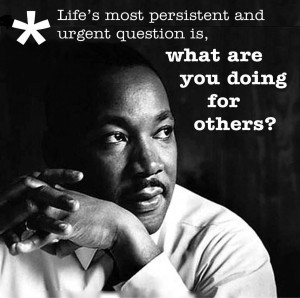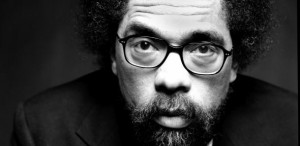Whereas, our argument shows that the power and capacity of learning exists in the soul already; and that just as the eye was unable to turn from darkness to light without the whole body, so too the instrument of knowledge can only by the movement of the whole soul be turned from the world of becoming into that of being, and learn by degrees to endure the sight of being, and of the brightest and best of being, or in other words, of the good.
― Plato, The Republic
For the past two weeks in Beirut, my students and I have been trying to climb out of Plato’s proverbial cave to wake up and contemplate some of philosophy’s most fundamental questions. How can we awaken to reality? How do we live an examined life? Why must we help those stuck in the cave–who haven’t seen “the light”? What is justice–and how do we pursue “the good”?
Going along with the notion that the “unexamined life is not worth living,” my students and I have been examining–individually and collectively–our likes, dislikes, beliefs, biases, prejudices, hopes and fears. In our attempt to consider “the good,” we’ve also been analyzing the forms, aims and purposes of political and social justice. To connect the past with the present, we’ve been exploring the direct influence of ancient philosophy on modern-day activists, public intellectuals, and pop-stars.
When we rise to love on the agape level…we rise to the position of loving the person who does the evil deed while hating the deed that the person does.
— MLK (Papers 6:324; 325)
In his sermons and speeches on non-violence, Dr. Martin Luther King continually returned to the ancient Greek concept of agape–love that is “purely spontaneous, unmotivated, groundless, and creative” (Papers 6:325). It was this principle which he said rested at the center of his movement–and he repeatedly distinguished agape from the Greek concepts of eros and philia. His admiration for ancient Greece wasn’t limited to philosophy or linguistics–he even included Greek playwrights in the list of people he wished he could meet.
I would move on by Greece, and take my mind to Mount Olympus. And I would see Plato, Aristotle, Socrates, Euripides and Aristophanes assemble around the Parthenon as they discussed the great and eternal issues of reality. — MLK
About a month ago–when I asked my students here in Beirut to pick three people from history they themselves would like to meet–many of them picked Dr. Martin Luther King. This was long before we started making connections between his principles and the philosophies of the ancient Greeks. Looks like MLK’s spirit is living on…here in Beirut.
But since I was young, I have been shaped by the legacy of Athens, by Socrates’s preoccupation with questioning: the unexamined life is not worth living. That meant much to me as I was growing up on the chocolate side of Sacramento, going to the book mobile, and reading Plato and Kierkegaard for the first time.
— Cornel West
Our study of ancient philosophy and modern-day politics led us to Cornel West–whose own mind was shaped early on by Plato and Socrates. In many of his public talks, Dr. West still calls upon the wisdom of the ancient Greeks to show how their philosophy is still relevant–and needed–today, when tackling some of our most pressing political, economic and social concerns.
From calls for revolution by Russell Brand to the unveiling of the “puppeteer” in the Wizard of Oz, my students and I have been busy analyzing different discourses, artistic narratives, and pop-star pontifications to see how the principles and questions of Plato still reverberate through popular culture today.
None are more hopelessly enslaved than those who believe they are free.
— Goethe

